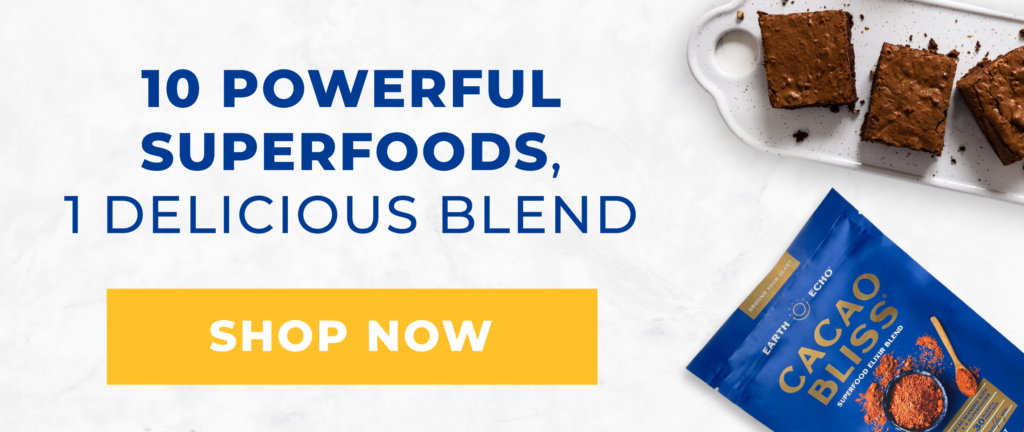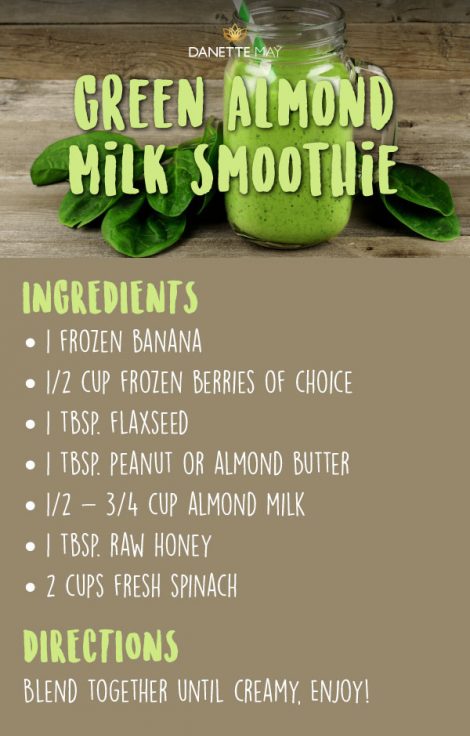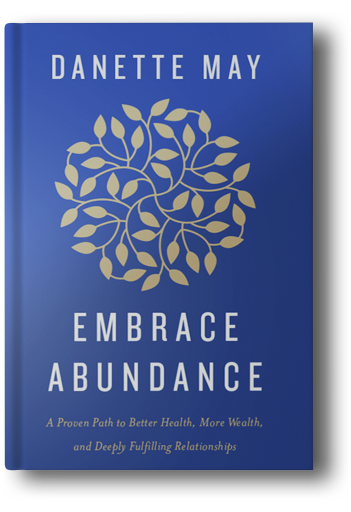When it comes to weight loss, metabolism is a hot topic.
People who have a hard time losing weight blame a slow metabolism. People who hope to boost their weight loss efforts want to speed up their metabolism.
Is there truth to the idea that a faster metabolism means quicker weight loss? And if so, how do you make yours faster?
When we talk about metabolism, we’re talking about what happens when our bodies change what we eat and drink into energy. The process combines calories with oxygen, and that powers our bodies.
We use energy in everything we do: sleeping and breathing, exercising and working.
The amount of energy that we use at rest is known as our Basal Metabolic Rate. That is what we are talking about when we say metabolism.
Your metabolism is the speed at which you burn calories. It's impacted by:
- the size of your body
- your age and your sex
- how fast you digest your food
- how active you are
When you increase your metabolism you will have more energy and feel better.
6 Easy and Effective Ways to Speed Up Your Metabolism
1. Eat a lot of protein
When you eat food, your metabolism increases to help your body digest and absorb it.
Protein boosts that effect because it takes more energy to digest. It also helps you feel full so that you eat less.
2. Drink a lot of water
There are plenty of good reasons for drinking water.
One of the best of these is that cold water increases your resting metabolism. In fact, a half-liter bottle of water will increase your metabolism for an hour.
If the water is ice cold, it boosts metabolism even more.
3. Build muscle
We all want to lose fat, but few know that having more muscle boosts metabolism.
One of the best ways to build muscle is to lift weights.
One study showed that women who lost weight and then did resistance training had higher metabolic rates than those that did not.
Doing high-intensity exercise is another great way to boost your metabolism. In fact, your metabolism will not only increase while you’re doing it but will stay higher for hours afterward.
4. Drink green tea and coffee
Green tea has many health benefits. One of the most important is its ability to boost metabolism by 4 to 5%. Green tea also helps the body break fat down.
Coffee has also been shown to boost fat burning by 29% and metabolism by 3-11%.
Tweet5. Eat foods that are spicy
Many studies have shown that when we eat hot peppers, our metabolism rises. That is because they contain capsaicin.
Eating peppers in a meal helps you burn an extra 10 calories.
6. Get more sleep
When you don’t get enough sleep, your metabolism drops. This is one of the reasons that sleep deprivation has been directly linked to obesity.
Any of the above are easy changes you can make to turn your body into a fat burning machine!
Yours in health,
Danette
P.S. Please spread the word by sharing this article and I always love hearing from you in the comments below.


 Yours in health,
Yours in health,
